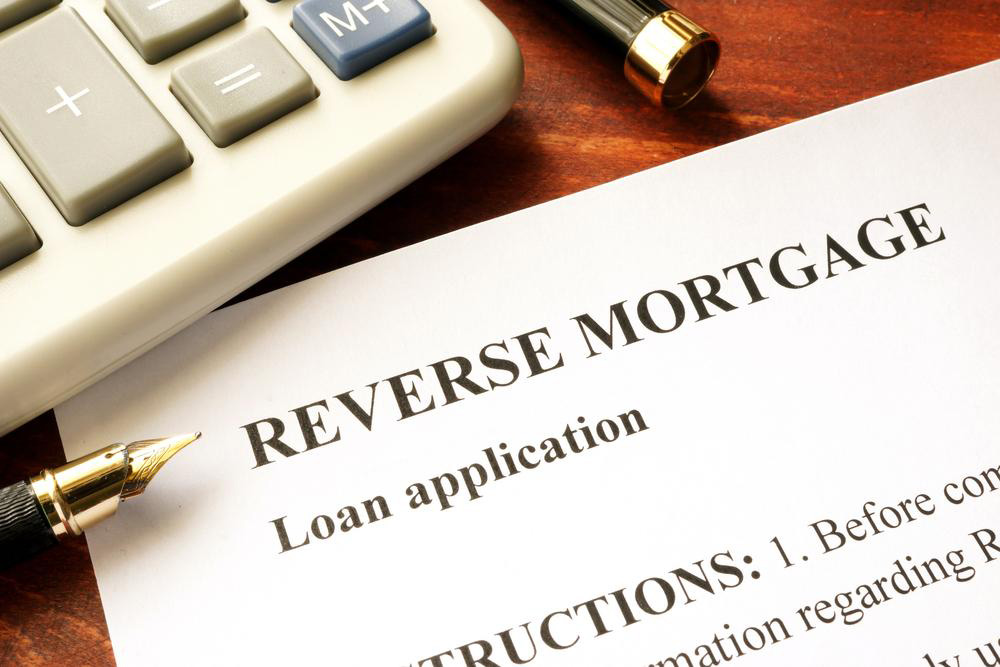Is a 30-Year Mortgage a Wise Financial Decision?
Considering a 30-year mortgage? This article explores its advantages and disadvantages, helping you decide if it's the right financial option. Learn about lower monthly payments, tax benefits, and long-term costs to make an informed decision about your home financing.

Is a 30-Year Mortgage a Wise Financial Decision?
A 30-year mortgage is a home loan that allows you to pay off your house, along with interest and closing costs, over three decades.
Most of these loans feature fixed interest rates, meaning your payments stay consistent throughout the loan term. If you're considering a 30-year mortgage, it's important to weigh its benefits and drawbacks to determine if it's the right choice for your financial situation.
Benefits of a 30-Year Mortgage
Greater Flexibility: With lower monthly payments compared to shorter loans, homeowners have room to make extra payments, reducing the overall loan period.
Affordable Payments: The decreased monthly obligation makes it easier to manage expenses and can free up funds for savings or investments. If you regularly receive bonuses or commissions, a 30-year mortgage can work well.
Financial Predictability: Fixed payments simplify budgeting since your monthly debt stays the same over time.
Qualify for Better Homes: Longer terms allow you to afford a more expensive property, aligning with your dreams of a bigger house.
Tax Benefits: Mortgage interest deductibility at tax time offers savings, especially early in the mortgage when interest payments are higher.
Easier Loan Approval: The steady, lower payments can make it simpler to qualify for a mortgage.
Related Reading: 10 Tips for Securing a Mortgage
Drawbacks of a 30-Year Mortgage
Higher Overall Cost: Over time, extended payments mean more total interest paid, increasing the loan's cost overall, though consistent payments can be managed by saving elsewhere.
Increased Interest Rates: Lenders typically charge higher rates for longer loan durations due to increased risk.
Prolonged Debt: Longer repayment periods may leave you in debt into retirement, but diligent saving can help mitigate this.
Slower Equity Growth: Building substantial equity in your home takes longer with a 30-year plan.
Financial Caution Needed: Be realistic about your budget; avoid overextending yourself with an unaffordable property, especially considering higher taxes for costly homes.
Stay informed about Mortgage News. Follow us on Facebook and Twitter for the latest insights on investments.










